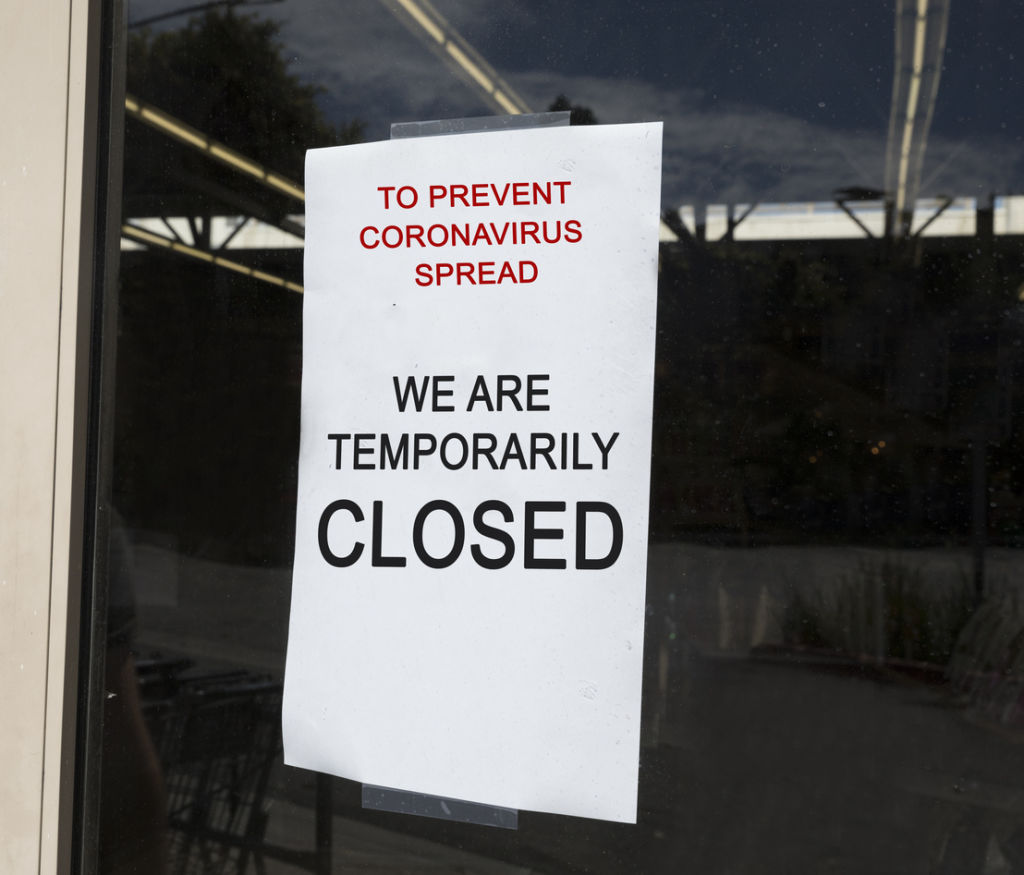
Grants are a good first step but more help is needed during lockdowns, say tenants and landlords
Cafe owner Lou Hunt’s rent is due on July 1, and she’s bracing herself to send a pleading email to her landlord. With the latest Sydney COVID-19 lockdown devastating her business, she doesn’t know what his reaction will be.
“He was OK last year and quite generous in the end,” said Ms Hunt, the owner of the Potts Point cafe Joseph Hyde, which is trying to make up some of the lost revenue by pivoting to take-aways only. “He has a business in the area too, so he’ll know how badly we’ve been hit.
“But you just never know. Still, I’m hopeful, and I’m hopeful too that this lockdown won’t last too long.”
It’s for business tenants such as Ms Hunt that the NSW Government has announced a new package of grants and changes to the Dine & Discover voucher program.
The series of aid measures include grants of between $5000 and $10,000 for small businesses, payroll tax deferrals for all employers, an extension of the Dine & Discover voucher program to August 31 and the ability for people to use these vouchers for takeaway delivered to their home by the venue itself.
For Ms Hunt, the news was a godsend. “I think the NSW government’s been amazing,” she said. “The Dine & Discover vouchers have been a game-changer for us as a business, and offering an extension of that is great.
“Also, the grants are a huge help, and I’m sure if this goes on longer, they’ll come to the party with more help.”
But not everyone is as pleased. At the Tenant Leasing Group, Philip Reichelt said many businesses were doing it so tough that these concessions won’t be enough to help.
“I think some sectors are going to need a lot more help than this,” he said. “For CBD food and beverage retailers and businesses involved in the travel industry, it isn’t going to be enough. Many people are doing it really tough.
“More help is required – otherwise, there’s going to be lots of bloodshed.”
Three different grant amounts will be available for NSW small businesses depending on the decline in turnover experienced during the lockdown restrictions – $10,000 for a 70 per cent decline, $7000 for a 50 per cent decline and $5000 for a 30 per cent fall.
Businesses will be able to apply for the grants through Service NSW from later in July. They will need to show a decline in turnover across a minimum two-week period after the commencement of major restrictions on June 26.
Landlords have generally welcomed the raft of measures but say a lot more needs to be done. “It’s a stopgap measure to recognise the pain being felt by business, and it’s a good gesture from the government,” said Shane Quinn, the executive chairman of Quintessential Equity. “It does give business a little sugar hit, but it’s not sustainable.
“What we really need from government is clarity around the country about these disruptive lockdowns. At the moment, we’ve got people in Sydney, Brisbane and Perth who can’t get to their buildings and offices, and we need to know when this situation is going to end. It’s hard for us to operate our buildings effectively when these lockdowns come.”
Mr Quinn said landlords are being badly affected by the snap decisions to restrict movement, which make it impossible to plan for the future.
He was meant to be visiting the site of a new $400 million development in South Australia this week, signing up some new tenants in Perth and overseeing the servicing of buildings in NSW and Queensland. Now he can’t do any of that.
“We collectively, as an industry, need to get back to work,” he said. “And have some clarity and certainty about what’s going to happen from now.”
The Real Estate Institute of NSW has also cheered the help for business tenants but says it’s unfair that landlords, and other tenants, have been left out.
“Today, when the Treasurer said that landlords should work with their tenants, he is actually asking landlords to provide tenants with financial assistance,” the institute’s chief executive Tim McKibbin said.
“It’s a situation that took many landlords to the brink through the rental moratorium previously put in place. Then, just as now, landlords were asked to provide financial support to tenants in need. This is the role of government.”
However, Julian Kurath, director of tenants’ advisory Lpc Cresa warns that tenants need all the help they can get.
“I think these latest measures go some way to helping; any help is good. But for a lot of businesses, their overheads and rent alone are in excess of the grants being given out, especially in CBD locations.
“The reality is that a lot of tenants have been in financial distress since COVID-19 began. Some landlords have helped in relation to rent, but many others are enforcing the leases.”
Mr Kurath says one of the major problems has actually been caused by the federal government, by not defining the recovery period clearly for deferred rents.
As a result, many landlords are insisting the deferred rents are now to be paid back, as well as the regular rent, when lockdown is hitting businesses even harder.
“That’s an incredibly challenging financial position to be in,” he said. “The period needs to be defined now as perhaps when the international borders open, or some other clear date. At the moment, there’s just so much confusion and a lot of hurt out there.”










